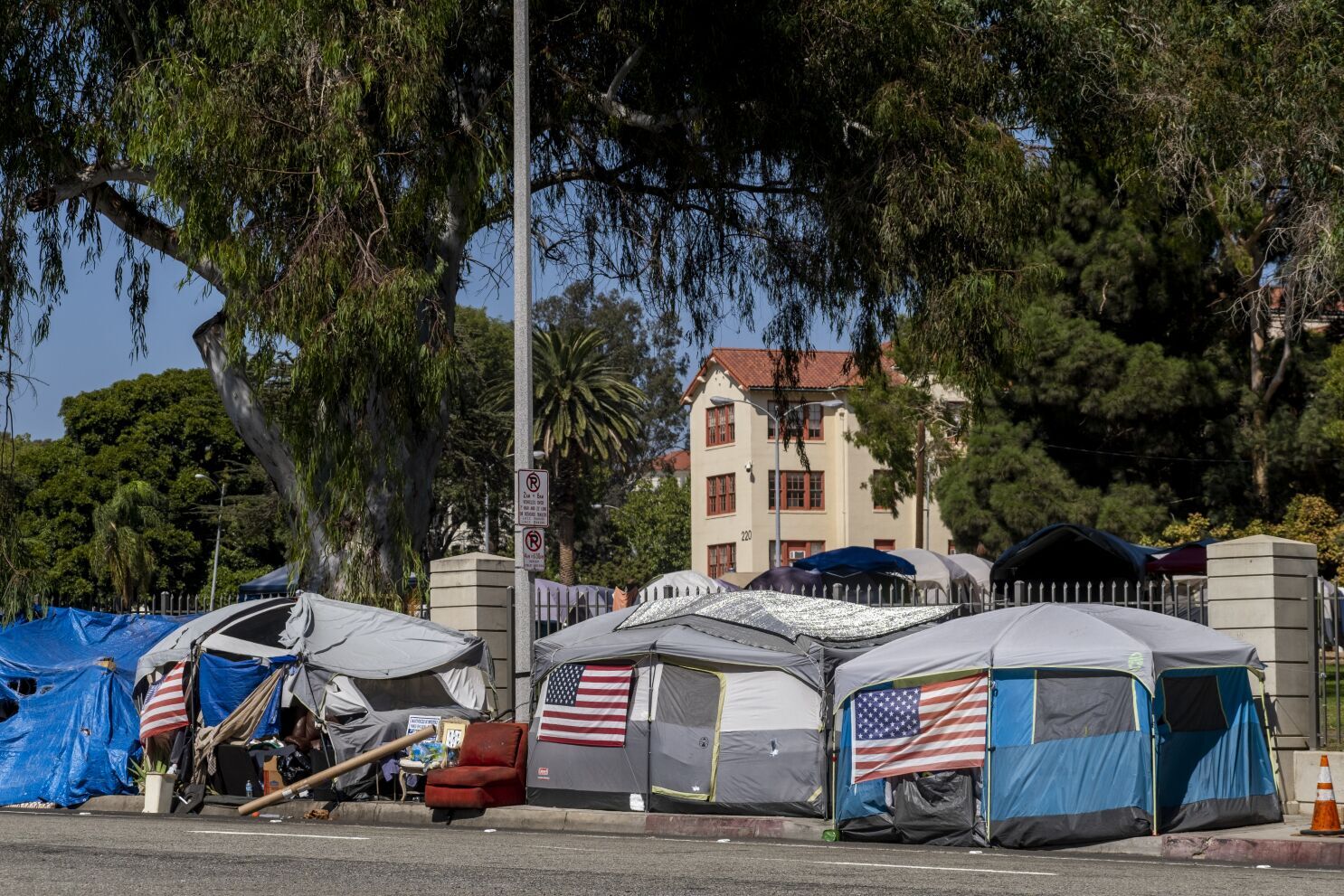
Menu

In addition to the complex set of factors that affect most homeless individuals lack of
affordable housing, poverty, job or income loss, mental illness, substance abuse, health
problems, etc. many veterans live with the lingering effect of PTSD, often compounded by a
lack of family and social support networks. Military occupations and training are not always
transferable to the civilian workforce, placing some veterans at a disadvantage when
competing for employment.
To a certain extent, yes. The VA's specialized homeless programs served more than 92,000
veterans in 2009, which is highly commendable. This still leaves well over 100,000 more
veterans, however, who must seek assistance from local government agencies and
community- and faith-based service organizations.
Since 1987, VA's programs for homeless veterans have emphasized collaboration with such
community service providers to help expand services to more veterans in crisis. These
partnerships are credited with reducing the number of homeless veterans by more than half
over the past six years.
Veterans need a coordinated effort that provides secure housing, nutritional meals, basic
physical health care, substance abuse care and aftercare, mental health counseling, personal
development and empowerment. Additionally, veterans need job assessment, training and
placement assistance.
Source: https://www.pinestreetinn.org/news_events/facts_about_homeless_veterans